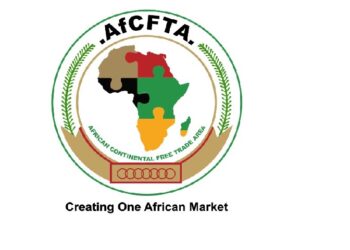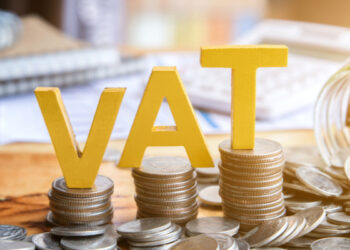As Nigeria seeks to address its chronic energy challenges, solar energy emerges as a compelling solution. With abundant sunlight year-round, the nation is well-positioned to harness this renewable energy source. While the benefits of investing in solar energy are considerable, it is equally important to recognise and address the challenges associated with this transition.
Nigeria’s geographical location gives it a significant advantage for solar energy production. With an average of 6.2 hours of daily sunlight in many regions, the potential for consistent energy generation is immense. This natural endowment can provide a sustainable and long-term solution to the country’s energy deficit. Over 80 million Nigerians lack access to reliable electricity. Solar energy, particularly off-grid and mini-grid solutions, can bring power to remote and rural communities. Projects such as solar-powered schools and health centers have already demonstrated the transformative impact of renewable energy in underserved areas.
Unlike fossil fuels, solar energy produces no greenhouse gas emissions during operation. Investing in solar energy aligns with global efforts to combat climate change and can help Nigeria reduce its carbon footprint while meeting its energy needs. The solar energy sector also has the potential to generate thousands of jobs across installation, maintenance, and manufacturing. As the sector grows, it can attract foreign investment and stimulate local economies. By reducing dependence on imported fuels and unreliable power sources, Nigeria can achieve greater energy security. Solar energy offers a decentralised approach to energy generation, making it less vulnerable to disruptions in centralised grids.
The upfront costs of solar panels, inverters, and batteries remain a significant barrier. While prices have decreased over the years, they are still prohibitive for many individuals and small businesses. Large-scale projects also require substantial capital investment, which may strain government budgets. Solar energy is weather-dependent, with output varying based on sunlight availability. To ensure a stable power supply, investments in energy storage solutions, such as batteries, are essential. However, these technologies remain expensive and have limited lifespan. Nigeria’s current infrastructure is not fully equipped to integrate large-scale solar energy projects into the national grid. Additionally, a shortage of skilled technicians to install and maintain solar systems could impede the sector’s growth.
Large solar farms require significant amounts of land, which may lead to competition with agriculture or other essential land uses. In densely populated regions, this could pose a logistical and social challenge. While international grants and loans have supported initial solar projects, questions remain about the long-term financial sustainability of these investments. Ensuring affordability for end-users while maintaining profitability for developers is a delicate balance.
To maximise the advantages and mitigate the disadvantages, Nigeria must adopt a strategic approach to solar energy investment. Policies should focus on reducing the cost of solar technology through incentives and subsidies, building technical capacity, and promoting private-sector participation. Partnerships with international organisations can provide funding and technical expertise, while local content requirements can ensure that Nigerians benefit directly from the sector’s growth. Integrating solar energy with other renewable sources and the existing energy grid can create a more resilient and diversified energy system. By addressing storage and infrastructure challenges, Nigeria can make solar energy a reliable component of its energy mix.
Investing in solar energy presents Nigeria with a unique opportunity to address its energy crisis sustainably. While challenges exist, they are not insurmountable. With the right policies and commitment, solar energy can play a pivotal role in powering Nigeria’s future and driving economic development.
















